1. The Sopranos
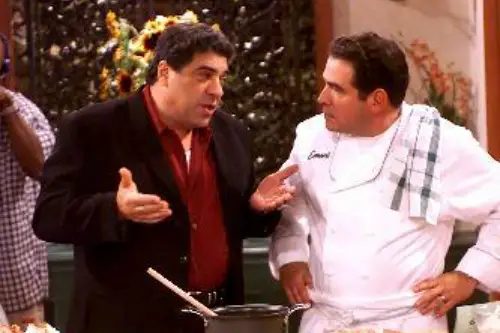
The infamous cut-to-black ending in The Sopranos finale in 2007 left millions of jaws hanging—and arguments flying, according to Robert Pitman from ScreenRant. Some hailed it as a genius, ambiguous statement about the unpredictability of Tony Soprano’s life. Others thought their cable had gone out at the worst possible time. The lack of closure was a bold move, and viewers are still debating what it meant.
What’s undeniable is how effectively it kept the conversation going long after the credits rolled. Was Tony killed? Was he just eating onion rings in peace? The fact that the ending spawned countless theories shows how invested people were—and still are.
2. Lost
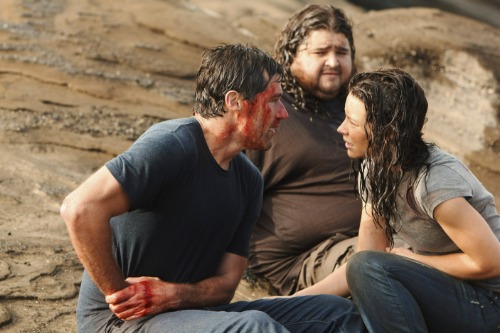
When Lost wrapped up in 2010, it left more questions than answers for many viewers. While the finale did resolve emotional arcs and emphasized character reunions, it glossed over the sci-fi mysteries that fans had obsessed over for years. Some praised its spiritual themes and emotional payoff. Others were frustrated by what they saw as a bait-and-switch.
The “they were dead the whole time” misunderstanding didn’t help, even though it wasn’t true, according to Stephanie Soteriou from BuzzFeed. The showrunners clarified that the island events were real—but the final scene in the church threw a lot of people off. That confusion turned into disappointment for fans expecting answers. The emotional closure worked for some, but others wanted their time-travel, smoke-monster logic explained.
3. Game of Thrones
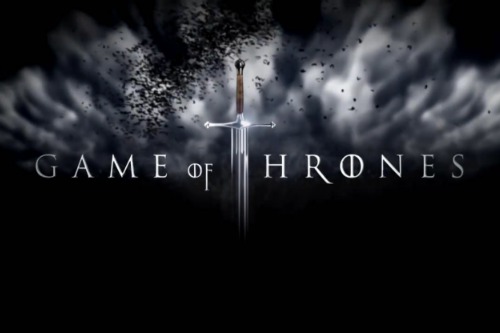
Few finales have sparked the level of fury Game of Thrones did in 2019, according to Skyler Trebel from PEOPLE. After years of intricate storytelling and slow-burn character arcs, the final season felt rushed to many viewers. Daenerys Targaryen’s quick turn to tyranny and Bran being named king had fans scratching their heads. Some appreciated the poetry; most felt cheated.
Petitions demanding a rewrite went viral, with over a million signatures. Still, others defended the ending as thematically fitting, albeit poorly paced. Even the actors seemed split on how they felt. It’s a case study in how pacing can make or break even the most beloved shows.
4. Seinfeld
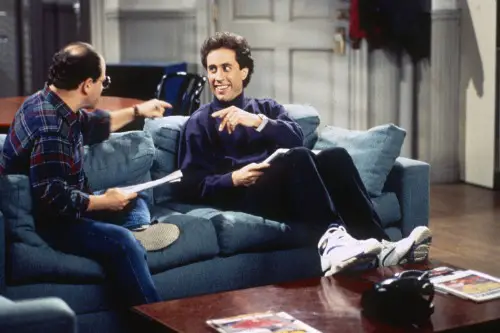
When Seinfeld ended in 1998, the finale had the gang jailed for breaking a “Good Samaritan” law. It was a meta, ironic twist—true to the show’s brand of cynicism—but not everyone thought it landed, Jeremy Layton, Stephen Barker, and Shawn S. Lealos from ScreenRant explain. Critics and fans alike were puzzled by the courtroom format and lack of heart. It felt more like a clip show than a send-off.
While some fans appreciated its refusal to go sentimental, others wanted more of an emotional payoff. The characters didn’t grow or change, which is very Seinfeld, but that choice felt hollow to some after nine seasons. Larry David, who returned just to write the finale, defended it as being “the right ending.” But to this day, it remains one of the most debated final episodes in sitcom history.
5. Dexter
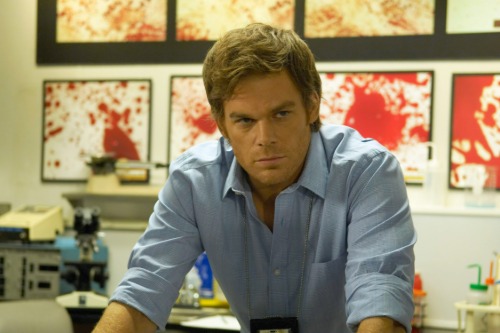
The original Dexter finale in 2013 left viewers…utterly baffled. Dexter fakes his death and becomes a lumberjack, abandoning his son and his code. The tonal whiplash and lack of justice for the character didn’t sit well with fans. Critics slammed it for feeling unearned and out of sync with the show’s tone.
Even star Michael C. Hall admitted the ending was “unsatisfying.” It was so divisive that nearly a decade later, Dexter: New Blood was made to give fans closure. That reboot had its own controversial finale, too—go figure. But it speaks volumes that people cared enough to demand a do-over.
6. How I Met Your Mother
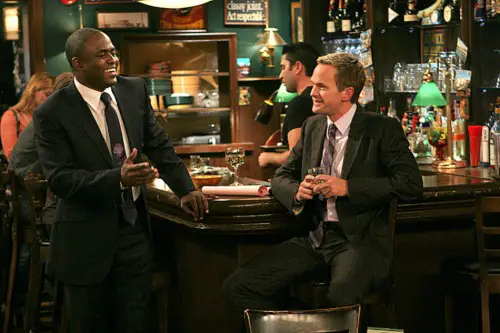
In 2014, How I Met Your Mother spent nine seasons building up to the big reveal—and then killed off the mother in the finale. Ted ends up with Robin, essentially undoing years of character development. Fans were especially upset that the show spent an entire final season on Barney and Robin’s wedding, only to dissolve it in minutes. Many saw it as a betrayal.
Some defended the twist, saying it was always meant to be Ted and Robin. But others felt blindsided and emotionally manipulated. The creators even released an alternate ending on DVD to ease the backlash. If you have to include a second ending, your first one probably missed the mark.
7. The Office
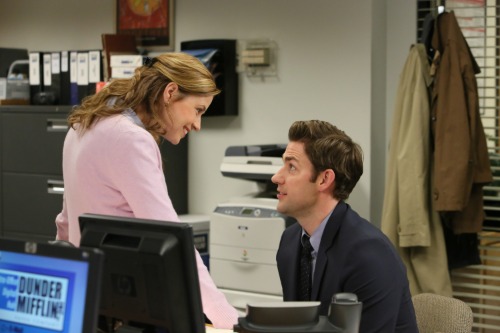
The Office finale in 2013 didn’t spark rage, but it did leave people emotionally split. For many, it was a satisfying goodbye that tied up loose ends and brought back beloved characters. But some viewers felt it glossed over Michael Scott’s absence for most of the final season. His brief return was touching—but painfully short.
Still, the finale gave each character a proper sendoff, which fans appreciated. Some felt Pam and Jim’s story wrapped up a bit too neatly, but others were just glad for the happy ending. The show’s shift in tone after Steve Carell left was always polarizing, and the finale reflected that. It was a warm goodbye, if not a perfect one.
8. True Blood

By the time True Blood ended in 2014, it had already drifted far from its early glory. The finale had Sookie kill Bill at his own request—an ending that felt both anticlimactic and out of character. Fans were divided on whether it honored the show’s emotional arcs or just ran out of steam. The final shot of a backyard barbecue didn’t help much.
Some appreciated the bittersweet ending and the way it closed Sookie’s journey. Others hated that it sidelined many fan-favorite characters and themes. The show had always been a chaotic mix of camp and drama, and the finale struggled to balance that. It was the final twist in a show that had already alienated much of its fanbase.
9. Battlestar Galactica
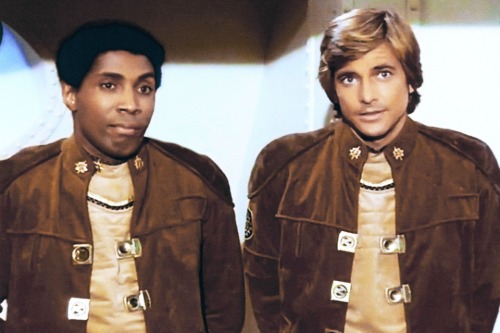
The 2009 Battlestar Galactica finale pulled a major twist: the characters settle on Earth, thousands of years in the past. It added a spiritual layer that some viewers found profound—and others found confusing or preachy. After so much gritty realism, the shift toward a mystic, fate-driven ending didn’t sit well with all fans. Still, it gave a strong emotional resolution to key characters.
The idea that everything “has happened before and will happen again” resonated with some viewers. But others wanted a more grounded, sci-fi-based wrap-up. The show took a huge risk by leaning hard into its philosophical themes. That boldness earned it both praise and lasting controversy.
10. Mad Men
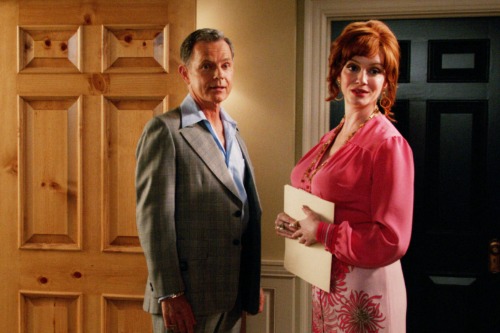
The final shot of Don Draper meditating on a hilltop, then cutting to the iconic Coca-Cola ad, left fans guessing. Did Don find inner peace? Did he sell out again? The 2015 finale never made that entirely clear—and that ambiguity is exactly what split the audience.
Some viewers saw it as poetic and brilliant, a commentary on Don’s talent and flaws. Others found it unsatisfying, thinking it reduced Don’s arc to a commercial punchline. Even critics were divided, with some calling it perfect and others labeling it hollow. But like the best of Mad Men, it left people talking.
11. Girls
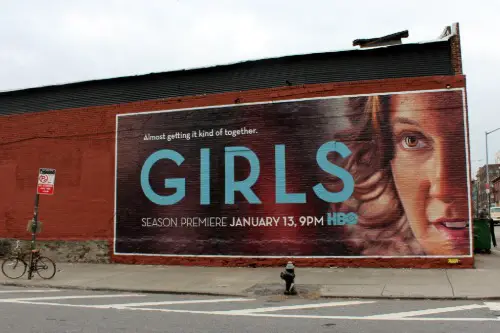
Girls wrapped up in 2017 with a quiet, almost anti-climactic final episode that focused almost entirely on Hannah and her baby. After a penultimate episode that felt more like a finale, the true last one was intimate and polarizing. Some viewers admired the honesty and small scale. Others were disappointed it sidelined the ensemble cast.
It was a departure from traditional finales, more of a character vignette than a grand sendoff. Fans debated whether that choice was profound or pretentious. Lena Dunham stood by the ending as emotionally truthful, even if it wasn’t tidy. And just like the show itself, it didn’t care about being universally liked.
12. St. Elsewhere
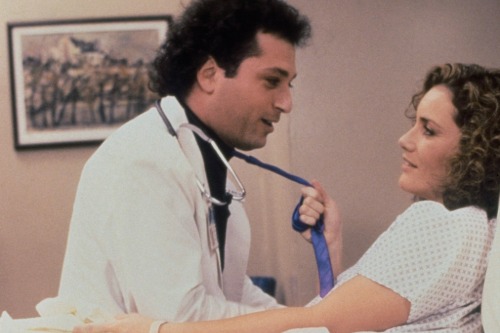
The 1988 finale of St. Elsewhere was one of TV’s earliest divisive endings—and it’s still talked about. The entire show is revealed to have possibly taken place inside the imagination of an autistic child staring into a snow globe. It was a shocking twist that reframed six seasons of medical drama. Some called it daring; others called it dismissive and frustrating.
The ending has since become infamous as a go-to example of how not to end a show. Still, it was undeniably ambitious and ahead of its time in how it challenged narrative convention. The snow globe twist even sparked crossover theories with other TV universes. Love it or hate it, it was unforgettable.


